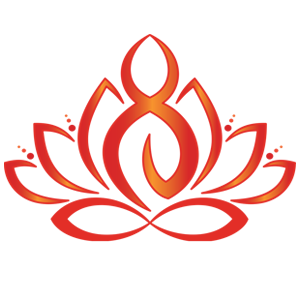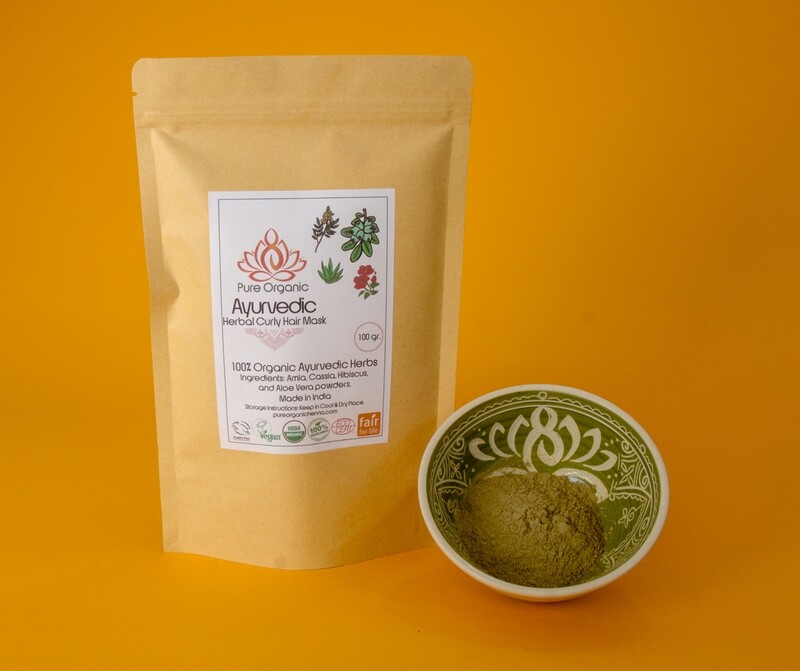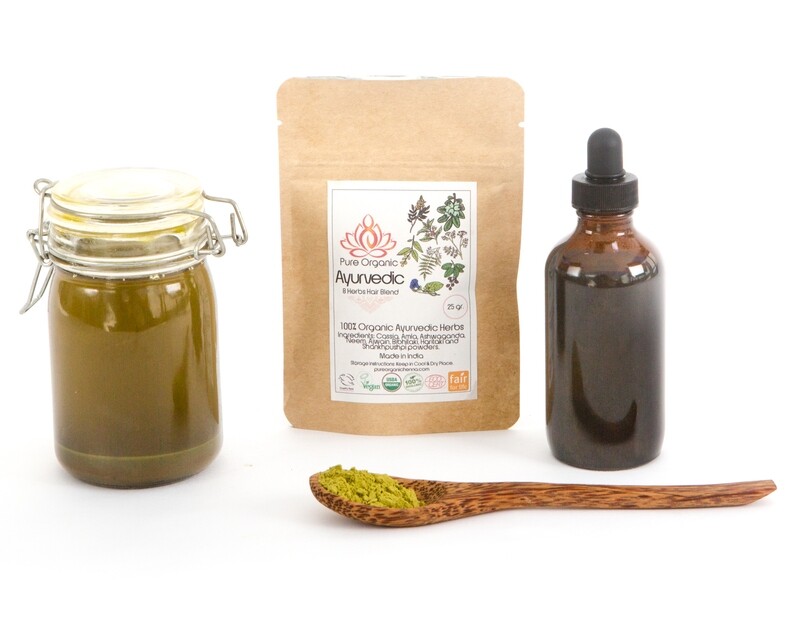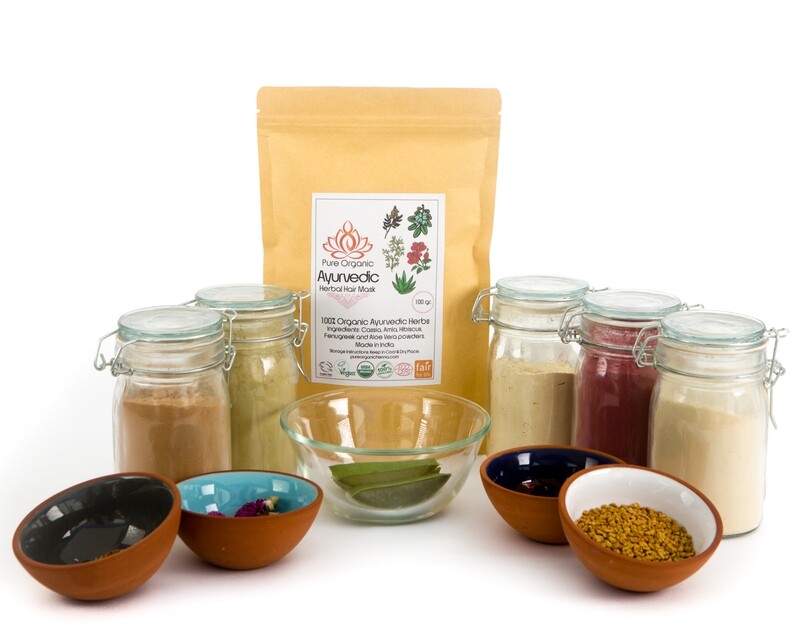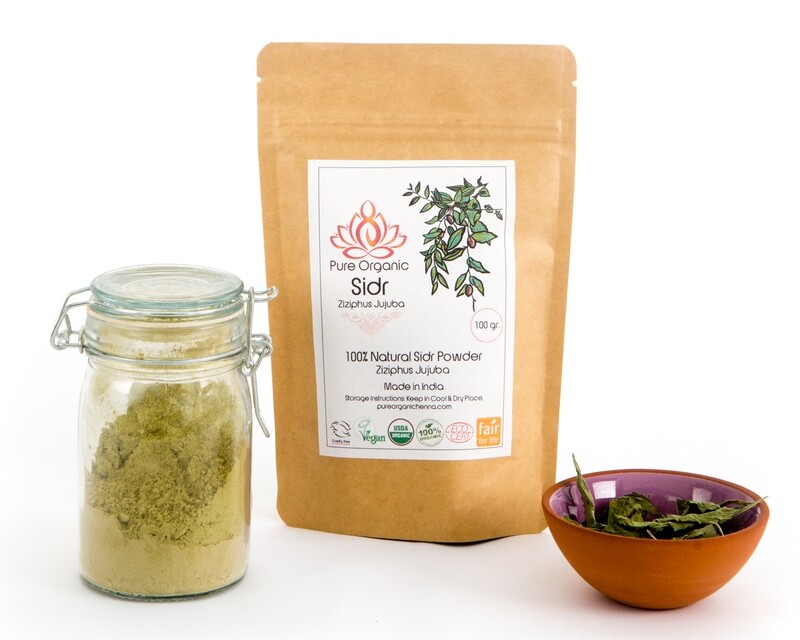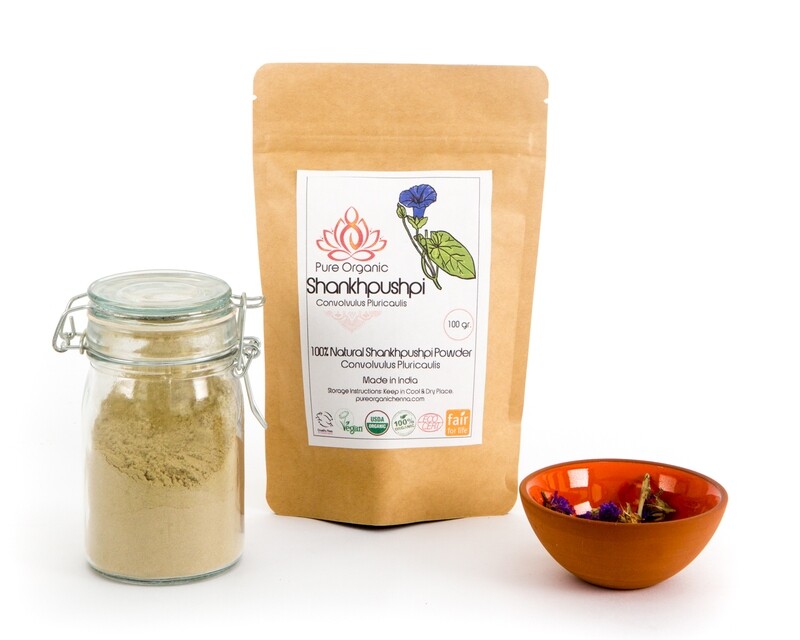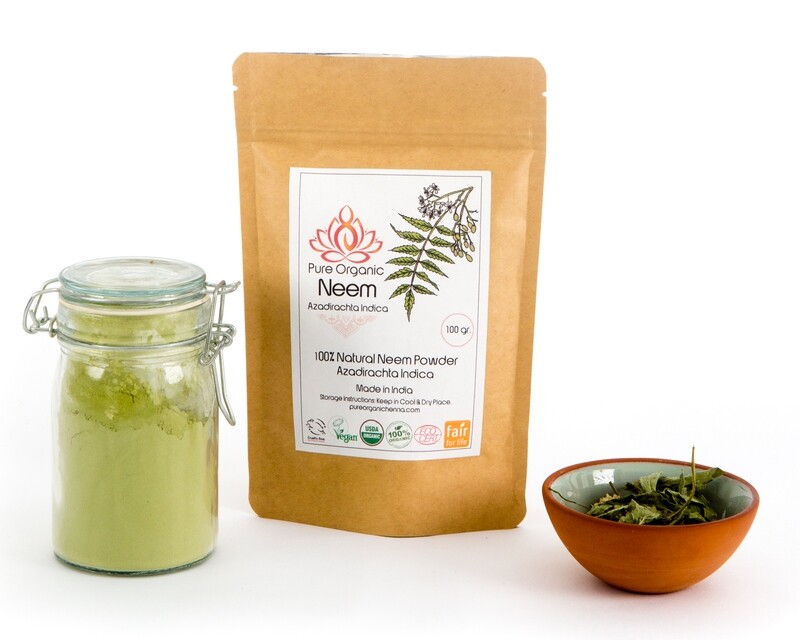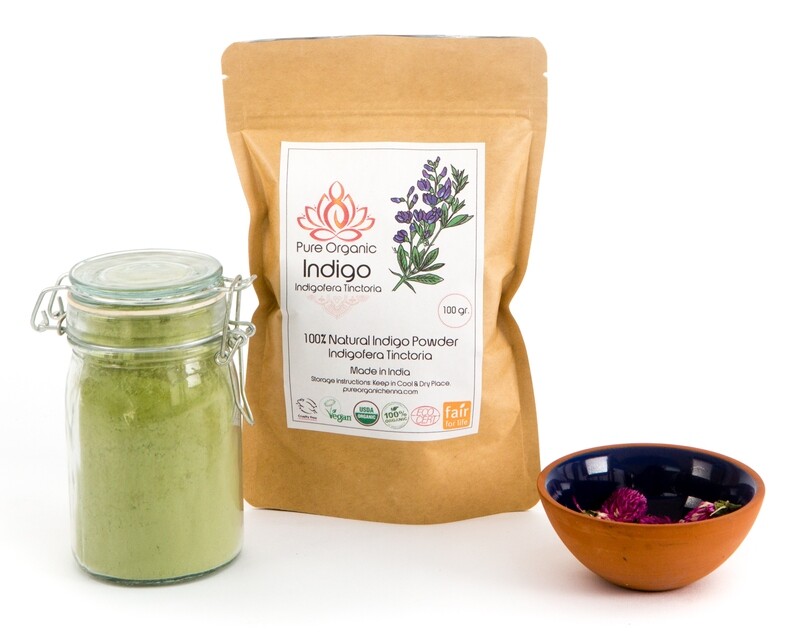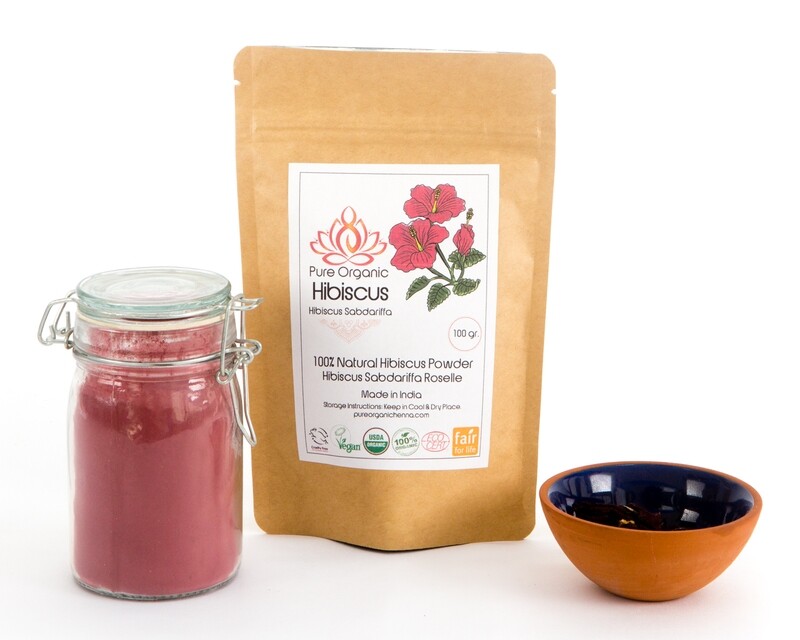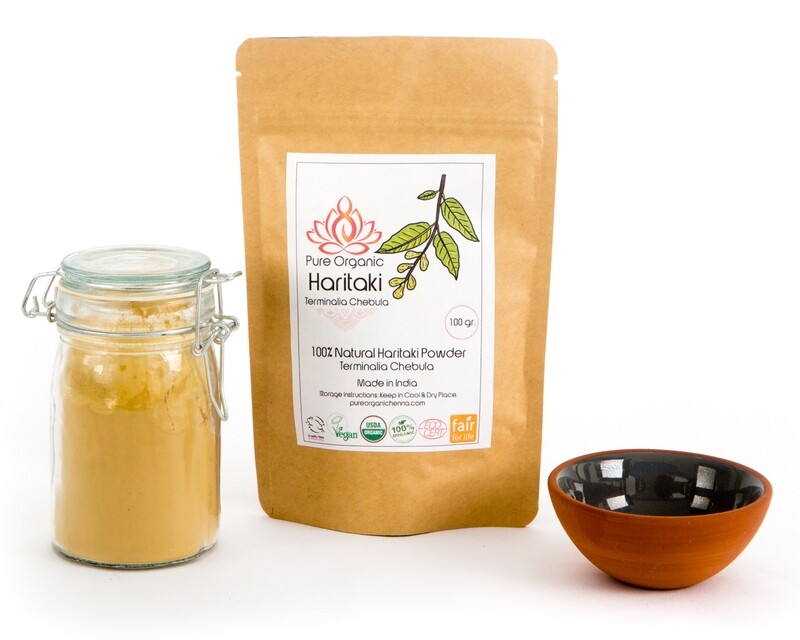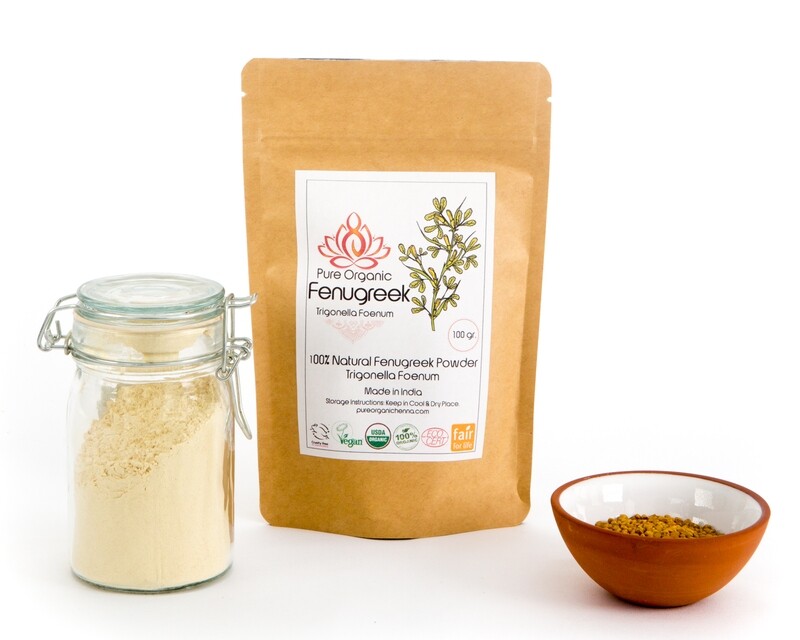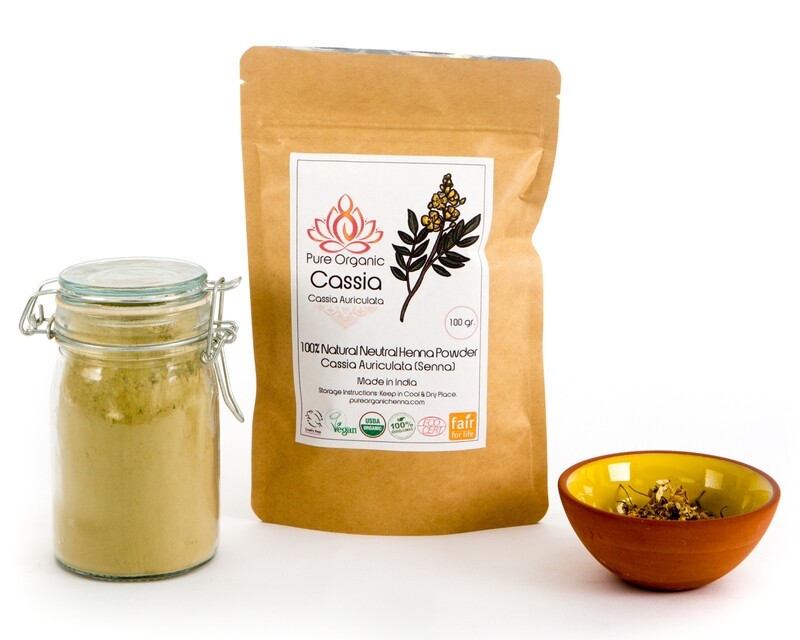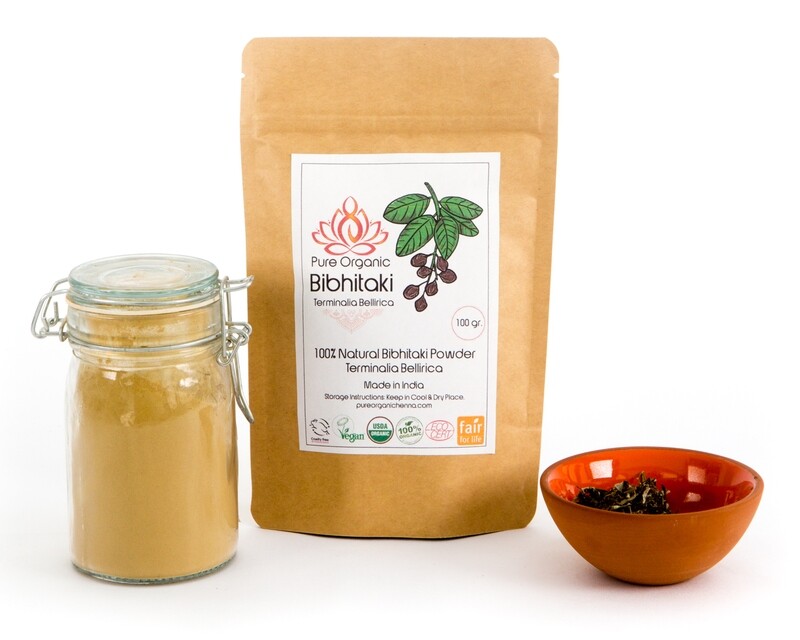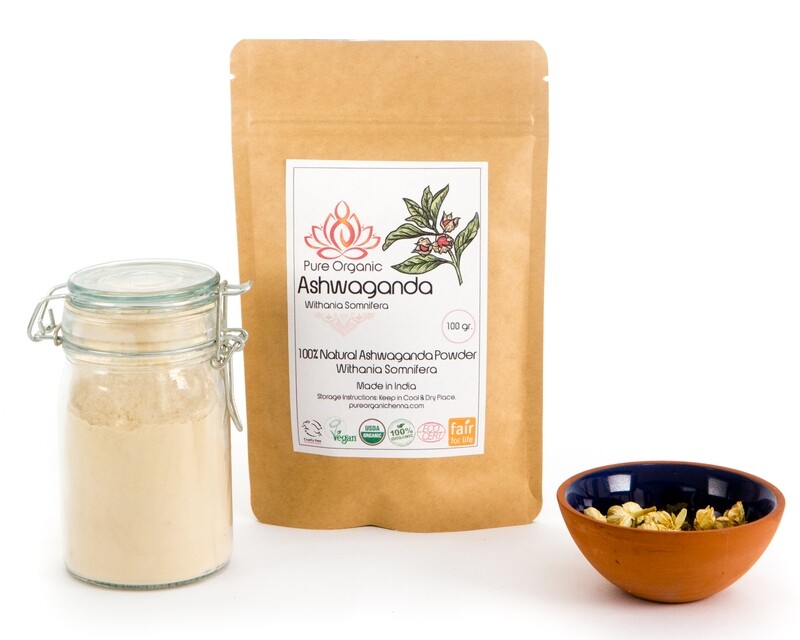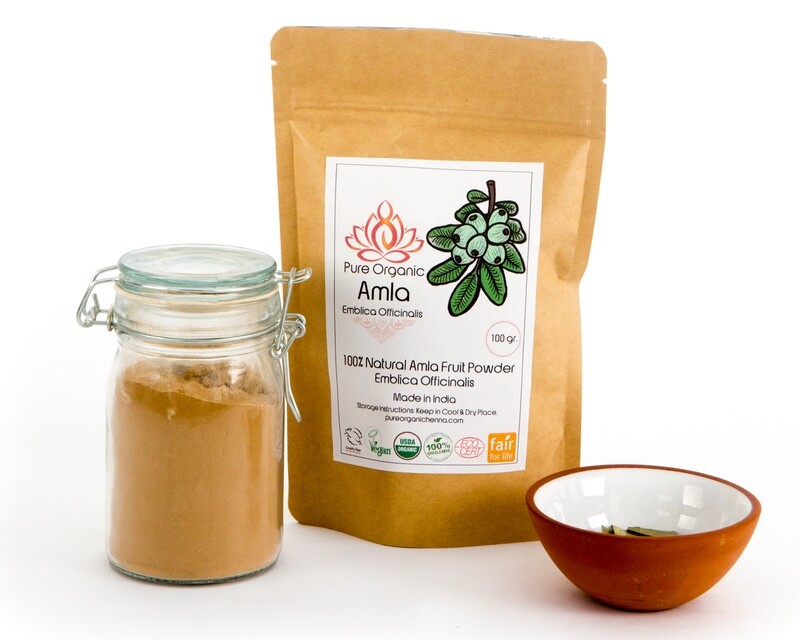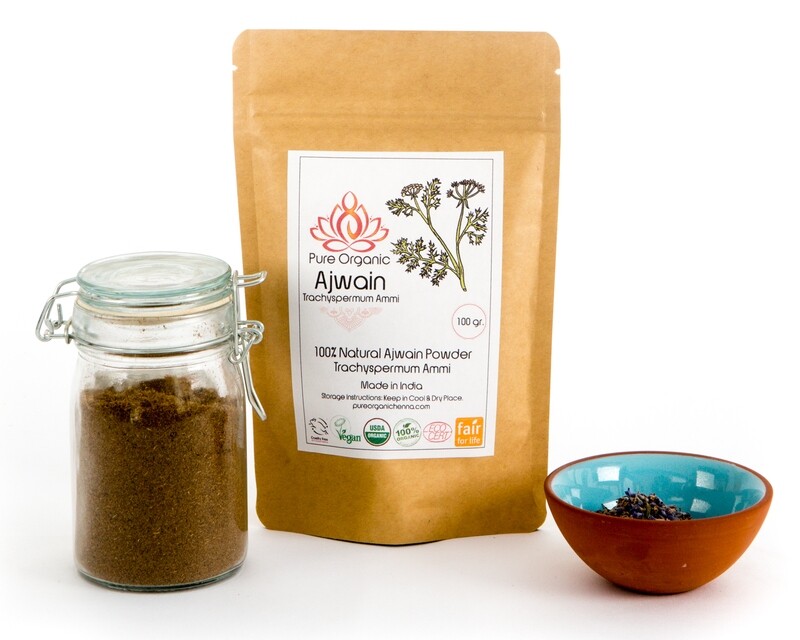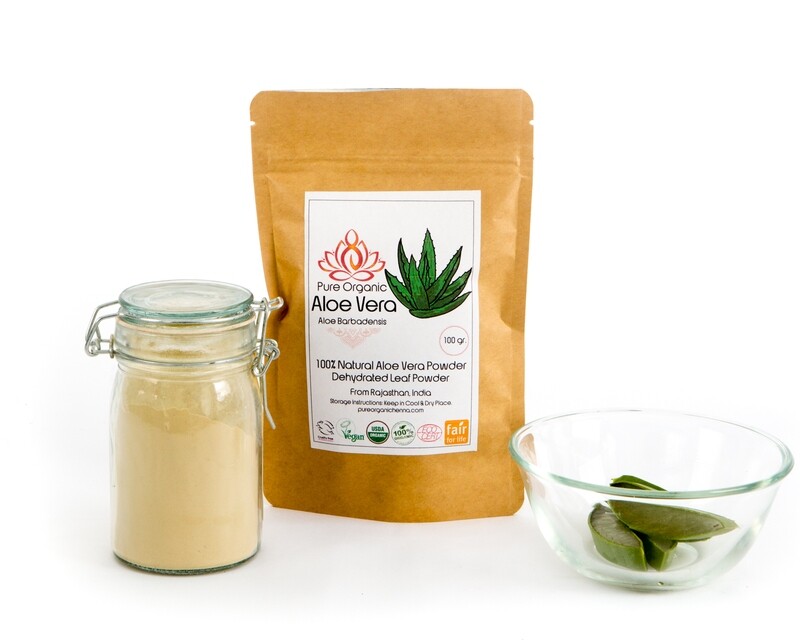For over 8,000 years, Ayurvedic practitioners in India have harnessed the healing properties of one powerful root to soothe a wide variety of ailments. Discovered by the most ancient system of medical sciences, Ashwagandha, classified as an adaptogen, has been both ingested and used topically to treat many mental and physical health concerns.
Ashwagandha is commonly referred to as “Indian Winter cherry” or “Indian Ginseng.” The powder produced from the root of the Ashwagandha plant has been credited with boosting energy levels, reducing inflammation, easing anxiety, and improving the body’s defense against disease. It’s name is a nod to the equine smell of the root (“ashwa” meaning horse) and the horse-like strength that consuming it allegedly provides.
Stress can be a common cause of hair shedding and hair loss. By working to reduce stress in the body, adaptogens like ashwagandha can (in theory) prevent or stop hair loss. Ashwagandha can also fight inflammation, which can contribute to health issues from your skin to your joints. Despite the long history of its use, the connection between ashwagandha and hair loss is still being studied.
So to separate fact from fiction, we turned to certified trichologist and hair expert Shab Reslan, board-certified dermatologists Dr. Shari Sperling of Sperling Dermatology, and Dr. Rachel Nazarian of Schweiger Dermatology Group in NYC for their takes on using ashwagandha to prevent hair loss.
ASHWAGANDHA FOR HAIR
TYPE OF INGREDIENT: Adaptogen (stress and inflammation reducer)
MAIN BENEFITS: Reduces stress, eases anxiety, and can prevent hair loss
WHO SHOULD USE IT: In general, anyone who is experiencing stress-related hair shedding or hair loss. It may interact with some medications, so a doctor should be consulted before use. Pregnant or nursing women, and those who are immunosuppressed, have diabetes, or have problems with their blood pressure or thyroid should not use ashwagandha.
HOW OFTEN CAN YOU USE IT: Ashwagandha can be apply it directly to the scalp as a paste or mix it with your shampoo.
WORKS WELL WITH: A healthy diet and stress-reducing activities
Benefits of Ashwagandha for Hair
Ashwagandha can prevent hair loss by targeting one of its main sources: stress. By reducing inflammation, this root provides mood-boosting energy and alleviates anxiety. As Reslan explains, “Stress creates inflammation in the body and sends your body into
Stress-Reducer: Adaptogens, like ashwagandha, have long been used for their ability to reduce stress and cortisol levels in the body. Reslan notes that limiting stress helps to prevent inflammation in the body.
Can Prevent Hair Loss: Stress is a common cause for hair shedding and hair loss. If stress is the source of a person’s thinning hair, taking ashwagandha could “potentially alleviate some of the symptoms associated with stress and anxiety, including minimizing hair loss.”
Strengthens Hair: Ashwagandha can contribute to healthy hair as it contains antioxidants and amino acids that can help to strengthen the hair and minimize breakage.
Alleviates Scalp Irritation: By reducing inflammation, ashwagandha can improve the overall appearance of your skin and “it can also help dandruff, psoriasis and scalp itch,”
Hair Type Considerations
Our experts agree that ashwagandha would be appropriate for all hair types and textures, since every hair type is susceptible to stress shedding. Stress can contribute to hair shedding, hair loss.
How to Use Ashwagandha for Hair
Ashwagandha can be applied topically. It is important to highlight that ashwagandha is a consistency product, meaning you will need to be fairly regular in your usage of it in order to notice results. “The important thing is the way you choose to incorporate it into your life and finding a realistic method that you’ll be able to continue everyday in order to calm your nerves,”
- Create a paste: it’s recommended mixing powdered ashwagandha with water to create a paste that you can apply directly to your scalp in order to take advantage of the antioxidants that can improve scalp health. Let it sit for 30 minutes and rinse thoroughly.
- Stir it into your hair mask regimen: The ashwagandha powder can be mixed into your hair mask regimen.
- Incorporate into shampoo: It can also be combined with your shampoo for topical application. Blend the powder with your normal shampoo and allow the mixture to sit on your scalp for a few minutes.
COMMON NAME: Ashwagandha
OTHER NAME: winter cherry, ashvagandha
BOTANICAL NAME: Withania somnifera (L.) Dunal
PLANT FAMILY: Solanaceae
OVERVIEW: Dehydrated Roots Powder.
INTRODUCTION: Ashwagandha is stunning in appearance and of vital importance in Ayurveda or Indian medicine. Ashwagandha has a long history, about 4000 years, as a holistic herb used to treat a variety of ailments. Ashwagandha plant itself is a hardy small woody shrub with small flowers and distinctive red seeds. Ashwagandha benefits our health in various ways.
PHYTOCONSTITUENTS: Alkaloids, steroids, and saponins represent major groups of secondary constituents found in ashwagandha. The bioactive compounds include ashwagandhine, cuscohygrine, anahygrine, tropine, withaferin A, withanolides, withasomniferin, withasomidienone, withasomniferols, withanone, withaniol, sitoindosides, and acylsteryl glucosides.
PRECAUTIONS: None known.
For educational purposes only. This information has not been evaluated by the Food and Drug Administration. This information is not intended to diagnose, treat, cure, or prevent any disease.
Pure Organic Ayurvedic Herbs
According to Ayurveda, the hair is a direct by-product of your bone tissue (marrow) and it is also linked to the central nervous system and gut. This means any weakness in the bone tissue, nervous system and digestive system will naturally result in hair loss or diminishing hair growth.
Ayurveda provides you with plenty of options for hair care and longer hair growth. Apart from holistic remedies and practices of incredible wisdom, the most important aspect of Ayurveda is finding solutions.
Pure Organic Ayurvedic Herbs provides you with a customized Hair care regimen that best aligns with your condition based on your lifestyle and type of hair.
